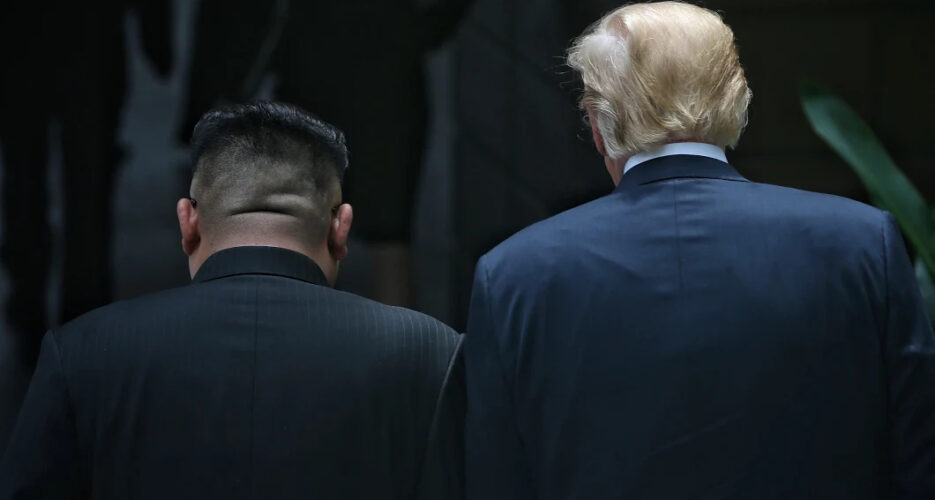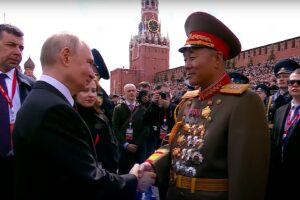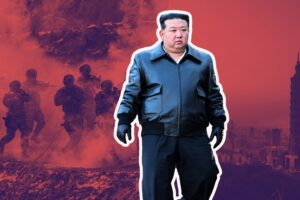The Kim-Trump summit should not be interpreted through the lens of Northeast Asia alone. In important ways, it was a test case for President Trump’s approach to international relations more generally: ad hoc, highly personalized and transactional.
And as the reviews accumulate, it is clear that the summit is getting pretty critical treatment at home.
The Kim-Trump summit should not be interpreted through the lens of Northeast Asia alone. In important ways, it was a test case for President Trump’s approach to international relations more generally: ad hoc, highly personalized and transactional.
And as the reviews accumulate, it is clear that the summit is getting pretty critical treatment at home.
Try unlimited access
Only $1 for four weeks
-
Unlimited access to all of NK News: reporting, investigations, analysis
-
Year-one discount if you continue past $1 trial period
-
The NK News Daily Update, an email newsletter to keep you in the loop
-
Searchable archive of all content, photo galleries, special columns
-
Contact NK News reporters with tips or requests for reporting
Get unlimited access to all NK News content, including original reporting, investigations, and analyses by our team of DPRK experts.
Subscribe
now
All major cards accepted. No commitments – you can cancel any time.













